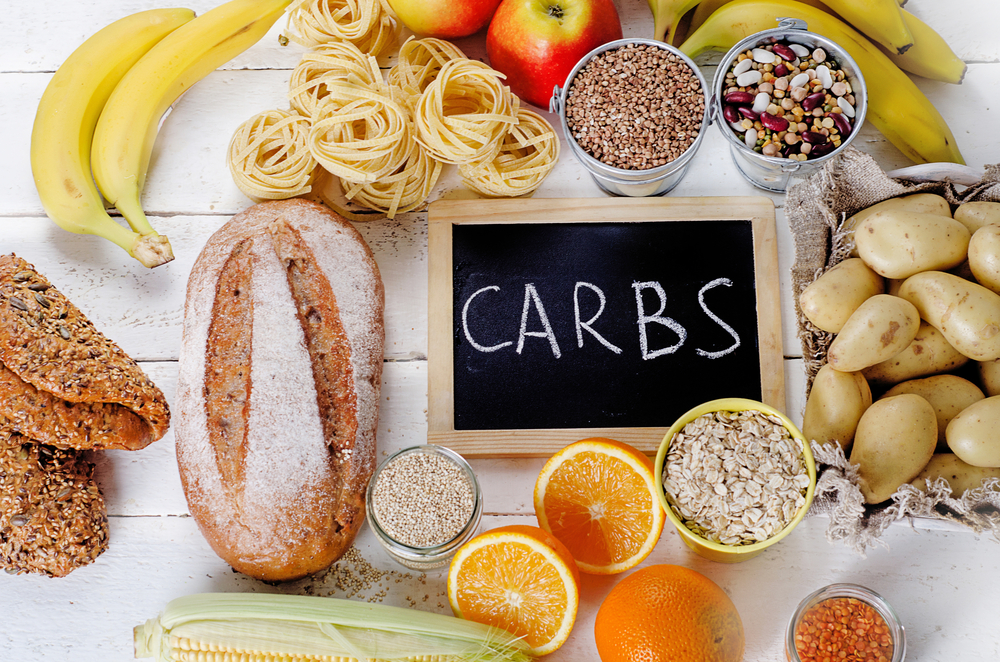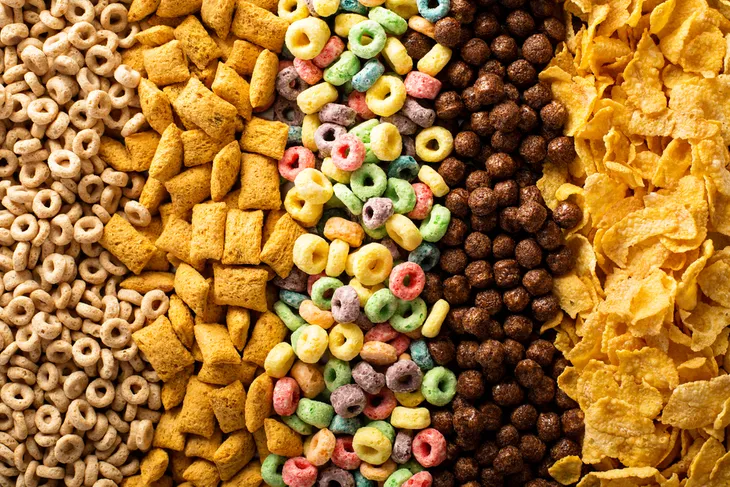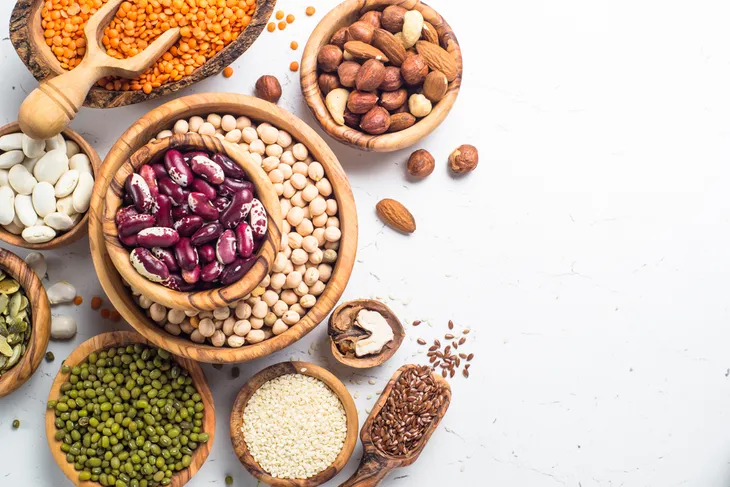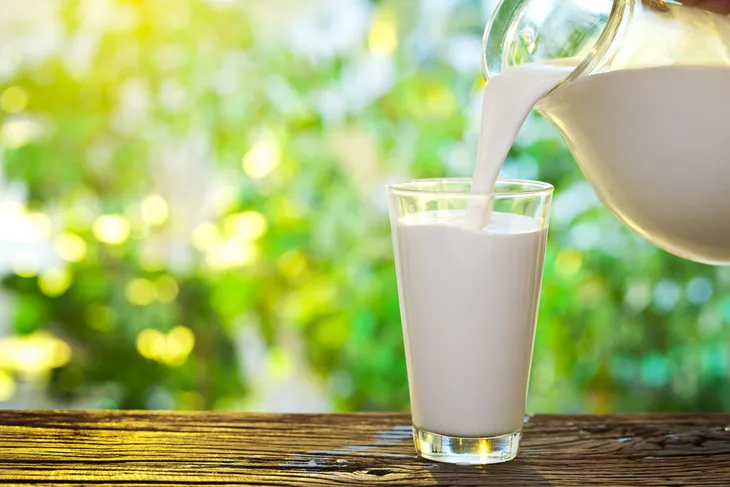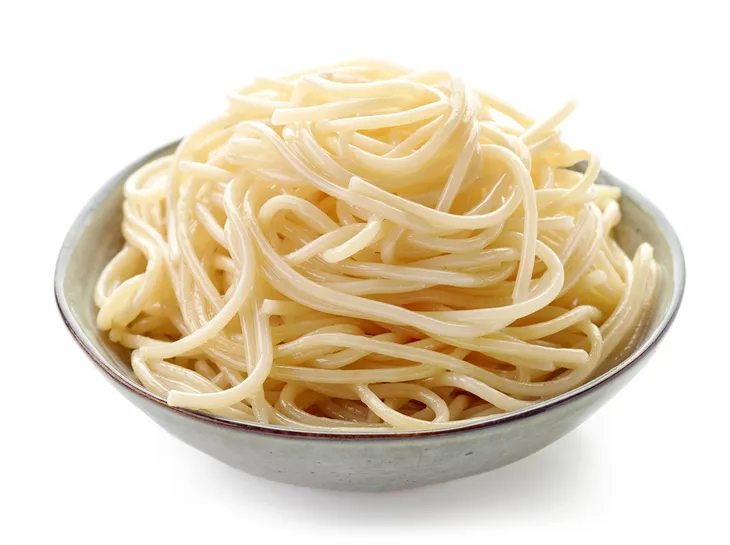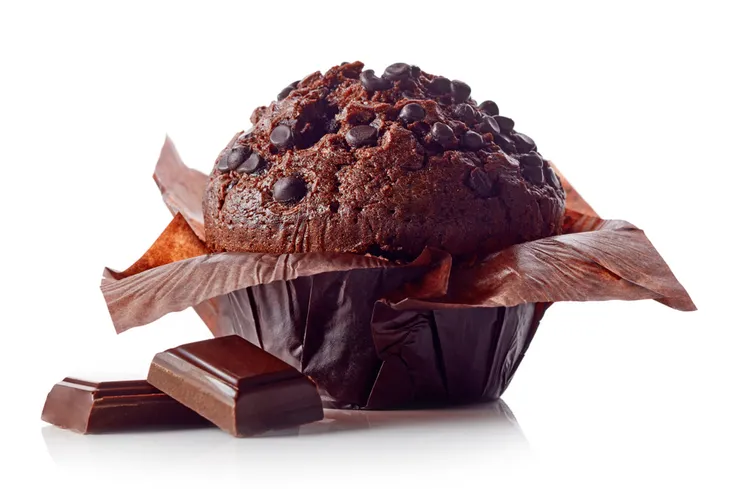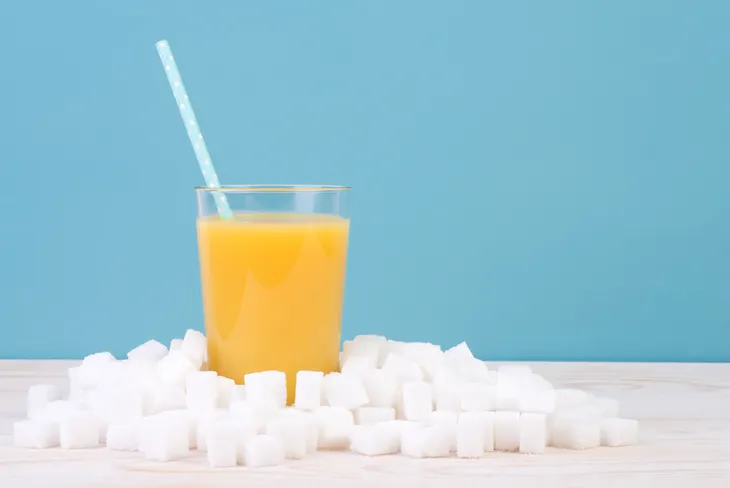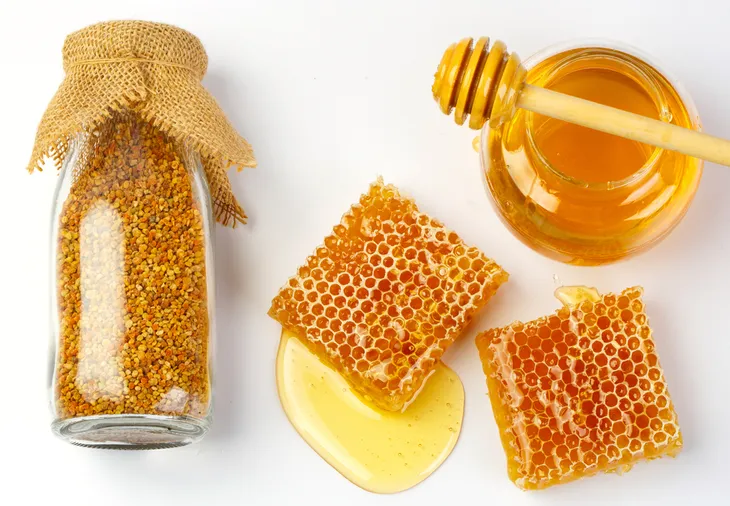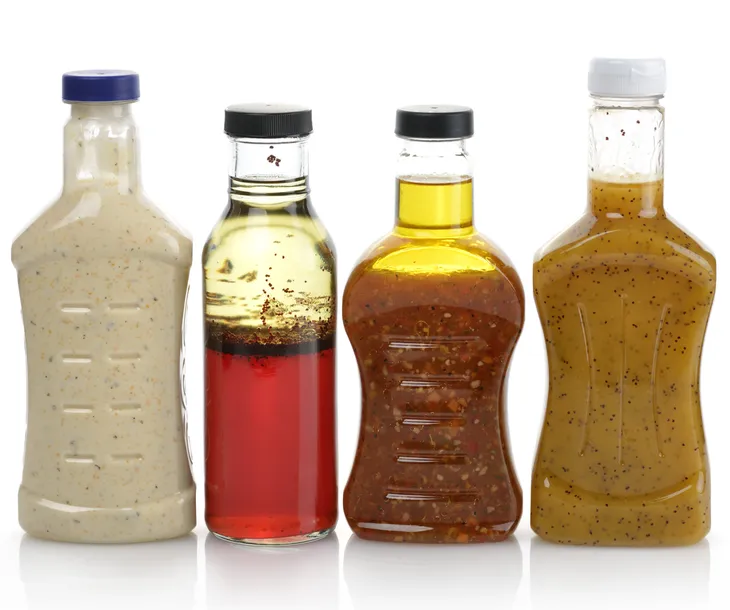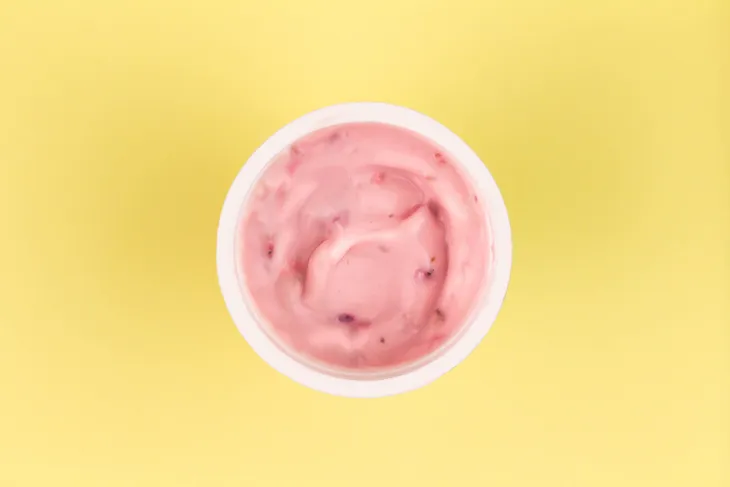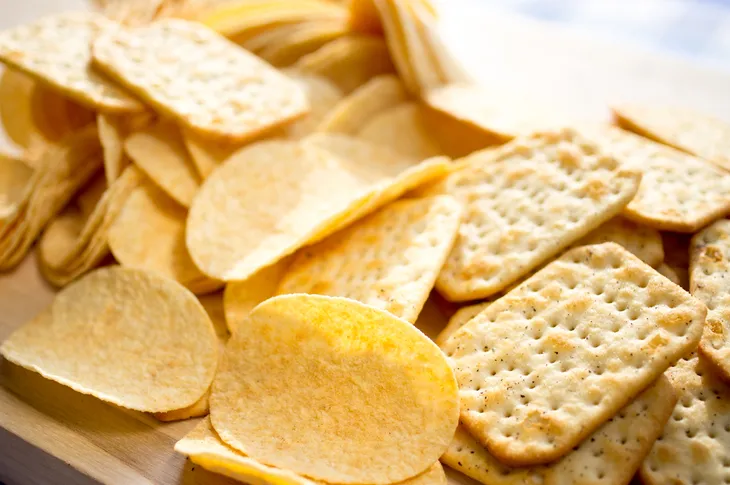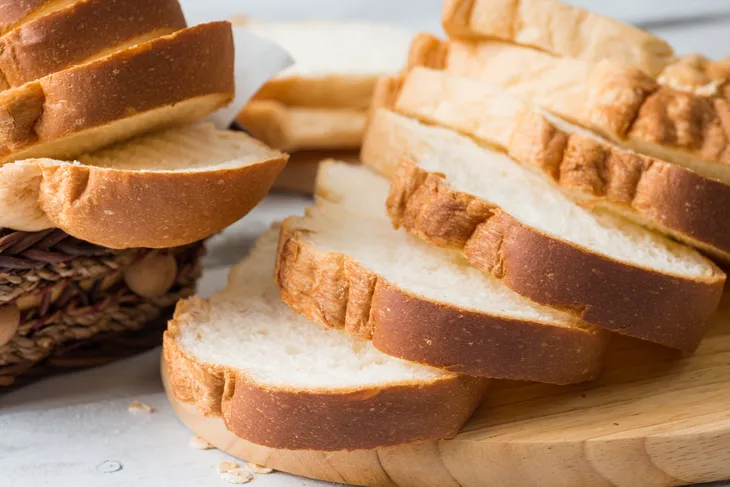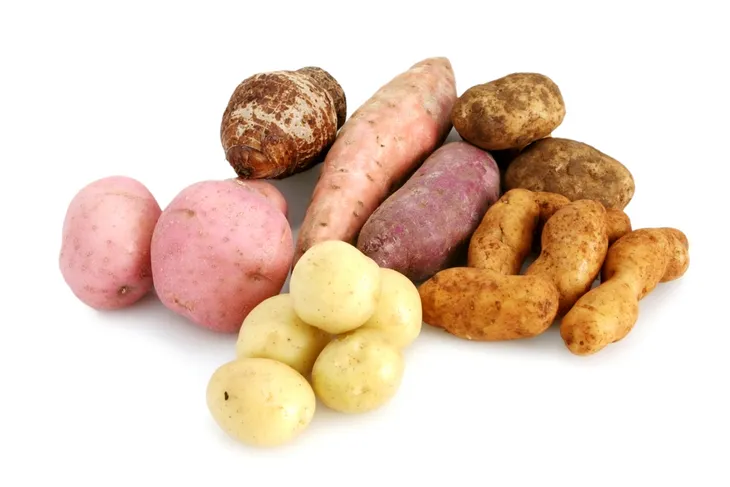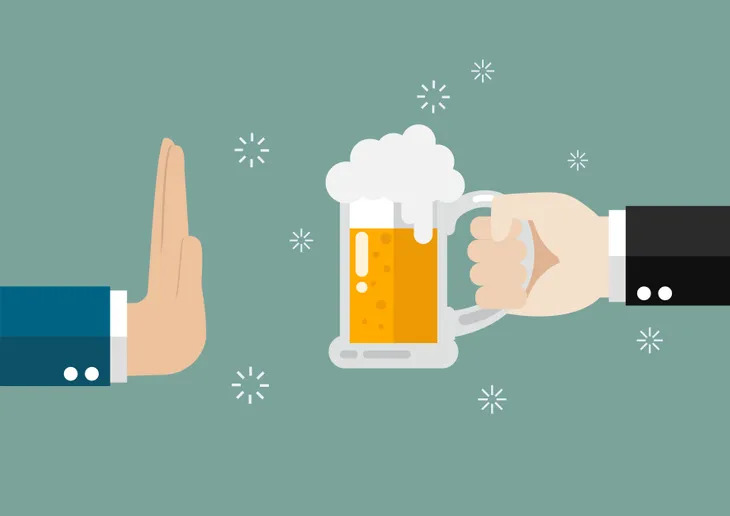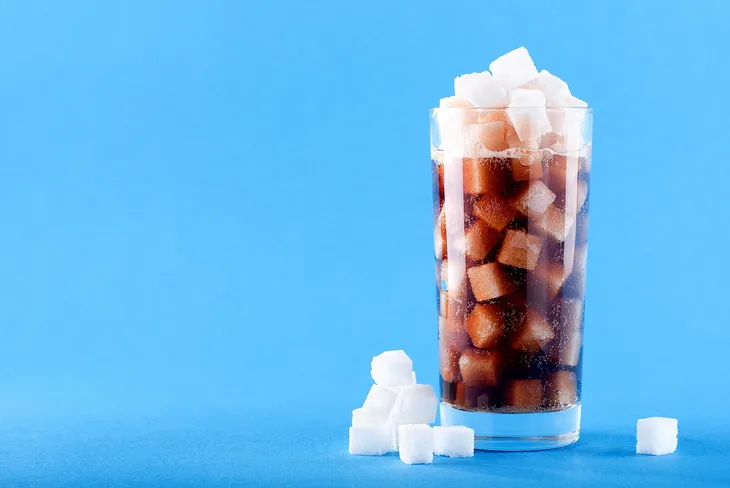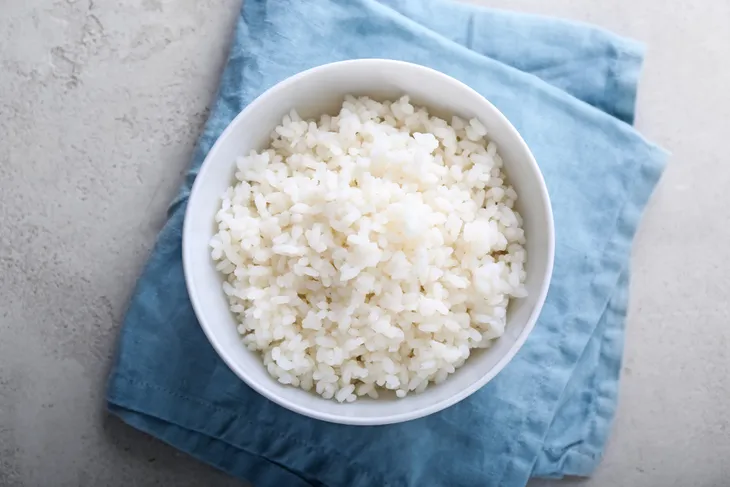We’ve all heard the warning about carbohydrates and how eating them can lead to weight gain. They are one of, if not the most vilified foods on the market. And while it’s true, there are many carb-heavy foods that aren’t good for us, they also contribute to a healthy diet as they can contain fiber and other important nutrients. It’s just a matter of deciphering the good from the bad.
Bad carbs are known for their empty calories that can spike blood sugar levels, while good carbs fuel our brain and provide certain nutrients our body needs to function properly. However, due to the bad rep carbs have been getting, low carb diets have become increasingly popular. To help make a low carb diet more successful (and healthy), it’s important to know what carbs to avoid and which are okay to eat.
For the sake of this article, we’re focusing our attention on which foods to avoid on a low carb diet…
Cereal
Not all cereals are made equal. There are so many different brands, flavors, and types of cereal. While it might seem obvious which ones aren’t healthy, there are some seemingly “healthy” cereals (and granolas) that aren’t what they appear to be. Eat This, Not That! warns consumers about refined cereals that actually cause weight gain due to their carb content. The source lists Raisin Bran, Frosted Mini-Wheats, and Oatmeal Crisp as some of the top offenders when it comes to carb-laden cereals.
“Swap with one-cup whole grain oats, which has more fiber and heart-healthy grains to help lower cholesterol,” says Elizabeth Ann Shaw, RDN to Women’s Health.
Beans and Legumes
It might be confusing to see beans and legumes on this list since they’re often touted as having really great benefits like reducing inflammation and the risk of heart disease, however according to Healthline, while they are high in fiber, they’re also high in carbs. Someone who’s trying to eat a low carb diet should eat foods like lentils, peas, black beans, pinto beans, chickpeas, and kidney beans in moderation.
Since they do have many great health benefits, it’s not recommended to cut them out completely. As long as they are enjoyed in smaller amounts, they are okay on a low carb diet. Just be mindful of the daily carb limit.
Milk
We often associate milk with being healthy, and it is! It’s a great source of calcium, potassium, and B vitamins, however it’s also high in carbs. You can find some relief in the carb department by switching to low-fat and fat-free varieties, but even then Healthline says there are about 12 to 13-grams of carbs per 8-ounces which is the same as whole milk.
Just adding milk to coffee in the mornings? That’s fine, as long as it’s in moderation. Surprisingly, cream or half-and-half are actually better options because they contain minimal carbs. But drinking a full glass with dinner isn’t a good idea while on a low carb diet. Try a dairy-free variety like coconut milk or unsweetened almond milk.
Pasta
I don’t think anyone would be surprised to see pasta on this list. It’s been ingrained in us all that pasta equals carbs and carbs are bad! Switching from white pasta to whole wheat pasta is a good option as it contains more fiber, but for those on a low carb diet, it’s best to avoid pasta altogether. When needed, swap in some healthier alternatives to pasta like spaghetti squash or zucchini noodles.
White pasta is one of the biggest offenders because it’s made from white flour which is basically stripped of all its nutritional value and extremely high in carbs, says Eat This, Not That!
Baked Goods
There’s a reason baked goods are meant to only be enjoyed as a special treat. They aren’t good for us, especially someone who is trying to eat a low carb diet. Not only are they high in sugar and fat, they also contain lots of carbs.
Most people know baked goods are off limits when on a diet, but it might be surprising to learn about muffins. Thinking about grabbing one on the go for breakfast? Think again. That’s like eating a piece of cake for breakfast! Especially when eating those delicious (and large) muffins from a coffee shop or bakery have up to 60-grams of carbs and more than 30-grams of sugar, notes Eat This, Not That!
Juice
It’s nice to enjoy a glass of juice in the morning, but for those who’re trying to eat a low carb diet it might be best to stick with coffee or tea. “A 12-ounce cup of unsweetened apple juice contains about 48-grams of carbs, which many people may not expect since it’s liquid! And that’s for an unsweetened version,” says Maggie Michalczyk, RD to Women’s Health.
There aren’t many beverages that don’t contain sugar or carbs so unfortunately, the best option is to skip juice altogether and opt for water. You can sweeten water with added fruit or a lemon wedge. You can also try coconut water which has 9-grams of carbs per cup, adds Michalczyk.
Natural Sugars
We’ve already mentioned that sugary treats like muffins and other baked goods are off the table when it comes to a low carb diet, but many people might not realize that some natural sugars can contain a lot of carbs, too. In fact, Healthline states that many are even higher in carbs when measured in tablespoons.
Some of the biggest offenders per tablespoon are white sugar (12.6-grams of carbs), maple syrup (13-grams of carbs), agave nectar (16-grams of carbs), and honey (17-grams of carbs). Another reason to steer clear of these sweeteners is that they don’t really offer much in terms of nutritional health. They help sweeten our food with flavor, but other than that there is no nutritional value.
Low-Fat or Fat-Free Salad Dressings
Don’t let the “fat-free” or “low-fat” label fool you. Most sauces, even the ones that advertise as a healthier option are actually high in sugar and carbs. This one is tricky because eating a salad is actually a great low carb meal. The trouble is finding a commercial dressing that also fits these same dietary restrictions. Most commercial salad dressings, even the low-fat or fat-free varieties are loaded with carbs.
Healthline provides the example of fat-free French dressing. Two tablespoons of this dressing contains 10-grams of carbs and an equal portion of Ranch dressing has 11-grams of carbs. What’s worse is that most people use more than 2-tablespoons on their salad, especially if it’s an entree size salad. The solution to this problem is to create a DIY dressing with vinegar and olive oil. Not only is it lower in carb count, these dressings are lined to improve heart health and weight loss.
Sweetened Yogurt
It might be surprising to see yogurt on this list because it’s often preached as a good source of protein and a healthy snack. This is only true if the yogurt is of a plain Greek variety without any added sugar. Unfortunately, most people opt for the sweetened yogurt in order to satisfy their desire for flavor. This is problematic because the fruit at the bottom doubles or sometimes triples in the amount of carbs and lactose!
Healthline writes that 1-cup of normal sweetened fruit yogurt contains up to 47-grams of carbs which is higher than a cup of ice cream! To avoid eating more carbs than necessary, opt for a plain Greek yogurt then top it with chopped fresh fruit.
Chips and Crackers
There is no snack more satisfying than a bowl of salty, crunchy chips! Not surprisingly, any food that is high in salt is also high in unnecessary carbs. Natalie Rizzo, RD, tells Women’s Health that 15 Lay’s chips have about 15-grams of carbs. If you’re craving something crunchy to snack on, try making your own chips with either kale or another veggie.
Crackers should also be avoided as they are often made with white flour, added sugars and oils, says Michalczyk to the same source. It’s for this exact reason that they’re considered to be completely void of any nutritional value. Thankfully, there are now many healthier cracker options available, many of which are nutrient dense containing nuts and seeds.
Bread and Grains
White bread and bagels are among the worst carbs people can eat because they are often made with starchy enriched flour instead of whole grains. Because they are so dense, one bagel can pack anywhere from 250 to 300-calories with 50-grams of carbs. On the other hand, white bread contains about 31-grams of carbs per slice, warns Shaw when talking to Women’s Health. It has also been linked to heart disease and type 2 diabetes.
Most people would assume that swapping out their dense bread for a lighter tortilla wrap would be a healthier option, but it turns out they aren’t much better than their counterparts! There are 35-grams of carbs in a 10-inch tortilla wrap, says Eat This, Not That! Not only that, but the same source points out that many are made with calories and chemicals like L-cysteine, which is “a ‘dough conditioner’ made from human hair and poultry feathers.” Yikes!
Starchy Vegetables
Normally we’re encouraging people to eat vegetables, and while eating veggies is still extremely important for a well rounded diet, it’s important to know which ones to eat. Some are better than others, especially when it comes to carb content. “Many vegetables are very high in fiber, which can aid weight loss and blood sugar control,” writes Healthline. “However, some high-starch vegetables contain more digestible carbs than fiber and should be limited on a low-carb diet.”
The source warns against eating the following starchy vegetables: corn (41-grams of carbs per cup), potato (37-grams of carbs per potato), sweet potato (24-grams of carbs per potato), and beets (16-grams of carbs per cup). Non-starchy vegetables on the other hand — load up on those!
Beer
Many people enjoy an alcoholic beverage at the end of the day or week — whatever! Healthline even states that alcohol is perfectly fine when enjoyed in moderation on a low carb diet. But like many foods, some alcoholic drinks are better (or worse) than others. For example, a dry wine is fine, but beer is quite high in carbs. According to the source, a 12-ounce beer contains approximately 13-grams of carbs. Even a light beer can have 6-grams per can.
Personally, I’d prefer to eat my carbs than drink them. And what’s worse? Some studies suggest that liquid carbs lead to more weight gain than carbs from solid foods, says Healthline. The reason for this is because liquids aren’t as filling as foods, so people tend to indulge more.
Soda
We’ve already talked about how sugar should be avoided on a low carb diet which is one of the reasons soda also lands on this list. Women’s Health warns that sweetened beverages in general should be avoided due to their processed ingredients and carb count. “With upward of 40-grams of carbs per can, soda contributes excess unhealthy carbs and sugar to your diet — even if you’re only drinking one can,” says Michalczyk, RD to the source.
If you’re craving a carbonated beverage while on a low carb diet, or just in general, try drinking sparkling water. You can even flavor it with some fresh fruit!
White Rice
White rice is similar to bread and pasta in the sense that even though it’s a household staple, it holds no nutritional value thanks to its refined processing. Plus, it’s packed with calories and carbs. Women’s Health points out that there are about 36-grams of carbs in just a one-quarter cup serving.
While the calories are empty, this food is sure to fill the waistline. A healthier swap would be to eat whole grain, brown, or wild rice, says Eat This, Not That! You could also try quinoa which has more protein and fiber, as well as less carbs.
